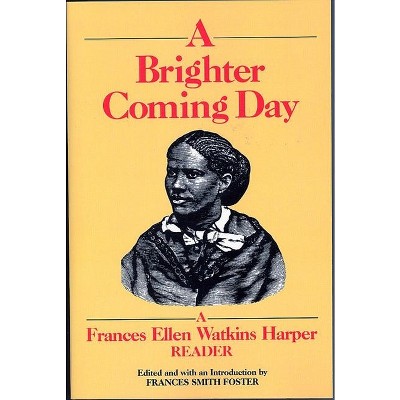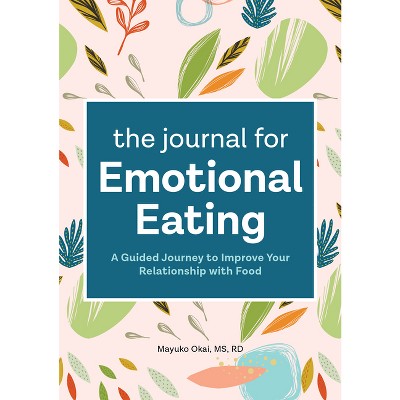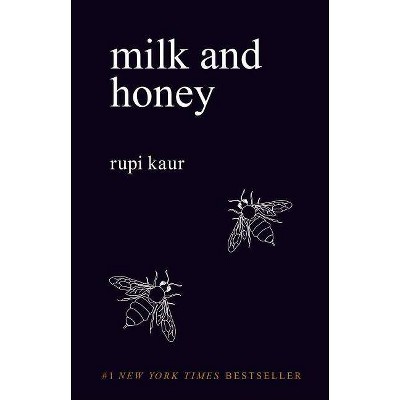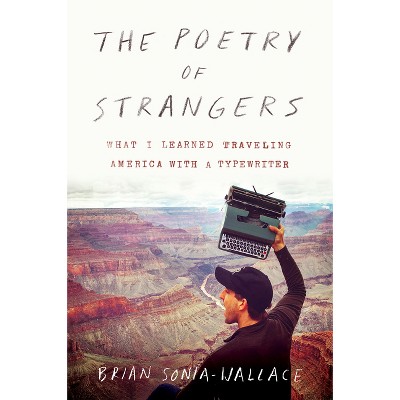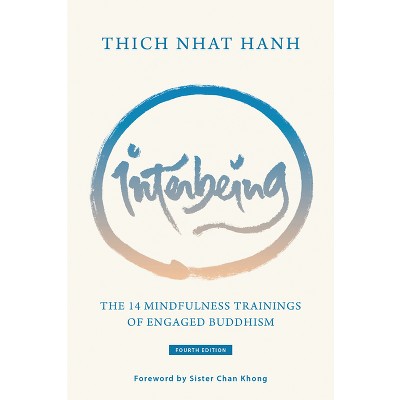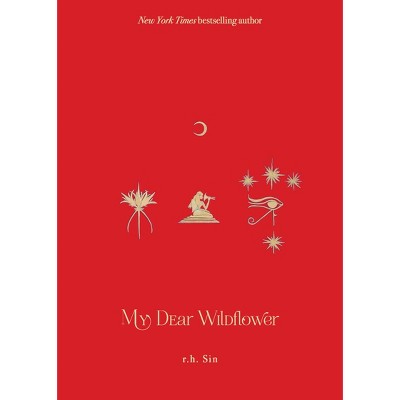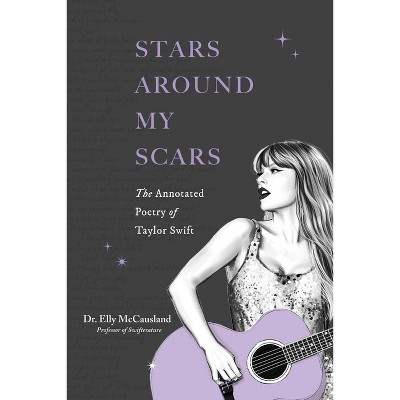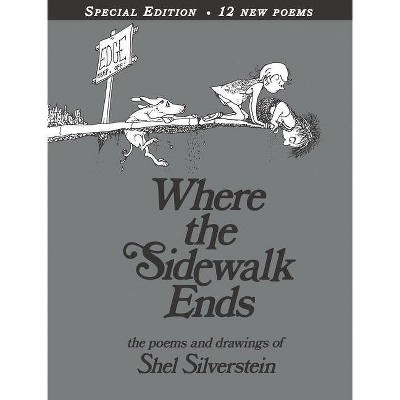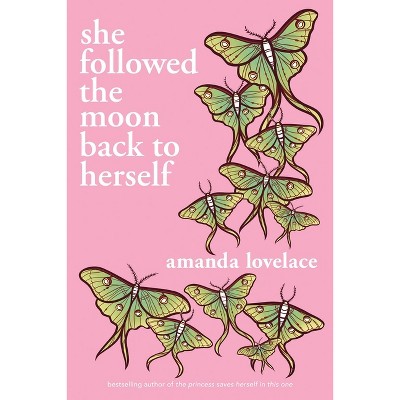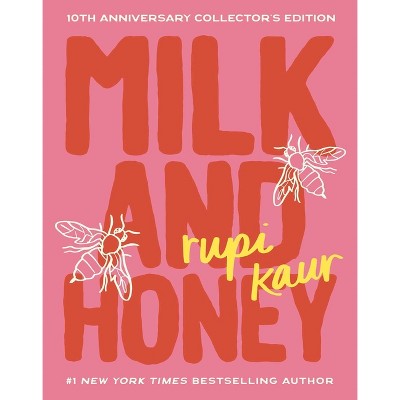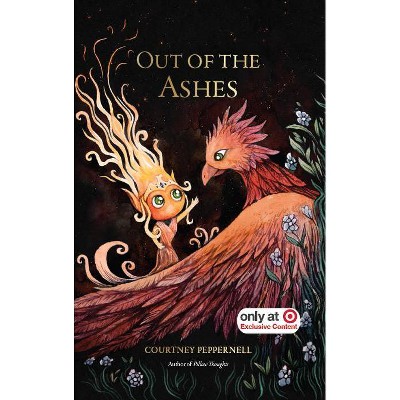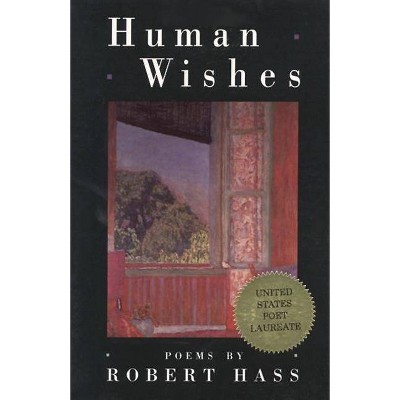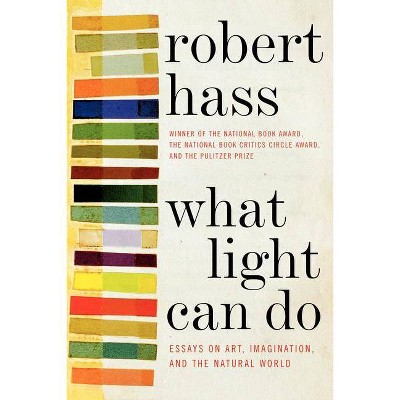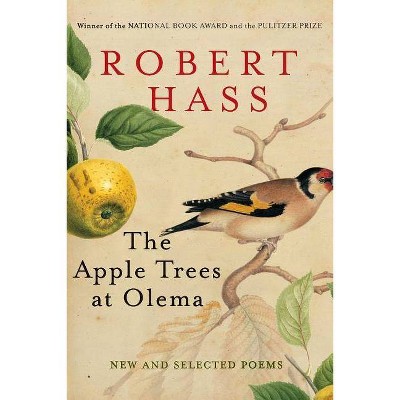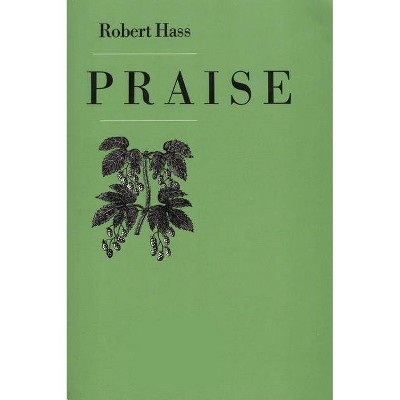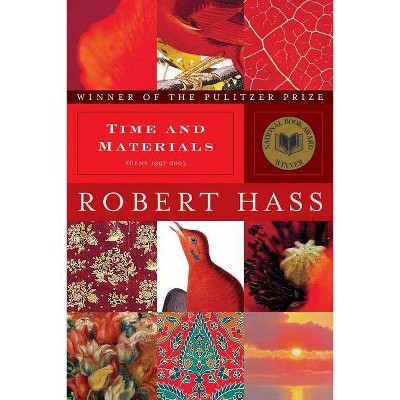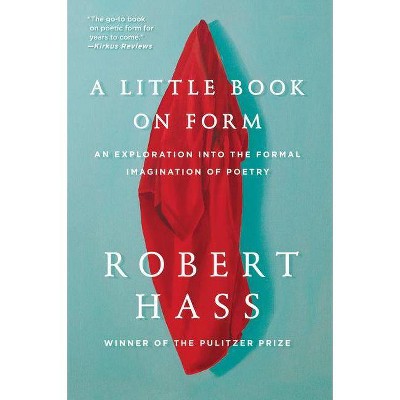Sponsored

Essential Haiku Volume 20 - by Hass (Paperback)
In Stock
Sponsored
About this item
Highlights
- "In classical haiku, one of the most constrained poetic forms, monkeys and herons and trees and the moon can stand in for the entire world.
- Author(s): Hass
- 352 Pages
- Poetry, Anthologies (multiple authors)
- Series Name: Essential Haiku
Description
About the Book
An anthology of haikus--brief poems--by three Japanese masters. They are Kobayashi Issa (1763-1827), Matsuo Basho (1644-1694) and Yosa Buson (1716-1783). A sample from the latter: "You go / I stay / two autumns."Book Synopsis
"In classical haiku, one of the most constrained poetic forms, monkeys and herons and trees and the moon can stand in for the entire world. The best of these tiny poems can be at once specific and timeless, questioning and assertive, funny and sad." - Sarah Manguso, The Week
American readers have been fascinated, since their exposure to Japanese culture late in the nineteenth century, with the brief Japanese poem called the hokku or haiku. The seventeen-syllable form is rooted in a Japanese tradition of close observation of nature, of making poetry from subtle suggestion. Infused by its great practitioners with the spirit of Zen Buddhism, the haiku has served as an example of the power of direct observation to the first generation of American modernist poets like Ezra Pound and William Carlos Williams and also as an example of spontaneity and Zen alertness to the new poets of the 1950's.This definite collection brings together in fresh translations by an American poet the essential poems of the three greatest masters: Matsuo Basho in the seventeenth century; Yosa Buson in the eighteenth century; and Kobayashi Issa in the early nineteenth century.
Robert Haas has written a lively and informed introduction, provided brief examples by each poet of their work in the halibun, or poetic prose form, and included informal notes to the poems. This is a useful and inspiring addition to The Essential Poets series.From the Back Cover
American readers have been fascinated, since their exposure to Japanese culture late in the nineteenth century, with the brief Japanese poem called the hokku or haiku. The seventeen-syllable form is rooted in a Japanese tradition of close observation of nature, of making poetry from subtle suggestion. Infused by its great practitioners with the spirit of Zen Buddhism, the haiku has served as an example of the power of direct observation to the first generation of American modernist poets like Ezra Pound and William Carlos Williams and also as an example of spontaneity and Zen alertness to the new poets of the 1950's.
This definite collection brings together in fresh translations by an American poet the essential poems of the three greatest masters: Matsuo Basho in the seventeenth century; Yosa Buson in the eighteenth century; and Kobayashi Issa in the early nineteenth century. Robert Haas has written a lively and informed introduction, provided brief examples by each poet of their work in the halibun, or poetic prose form, and included informal notes to the poems. This is a useful and inspiring addition to The Essential Poets series.
Review Quotes
"In classical haiku, one of the most constrained poetic forms, monkeys and herons and trees and the moon can stand in for the entire world. The best of these tiny poems can be at once specific and timeless, questioning and assertive, funny and sad." - Sarah Manguso, The Week
" A collection worth putting in your raffia beach bag." - Bookriot

